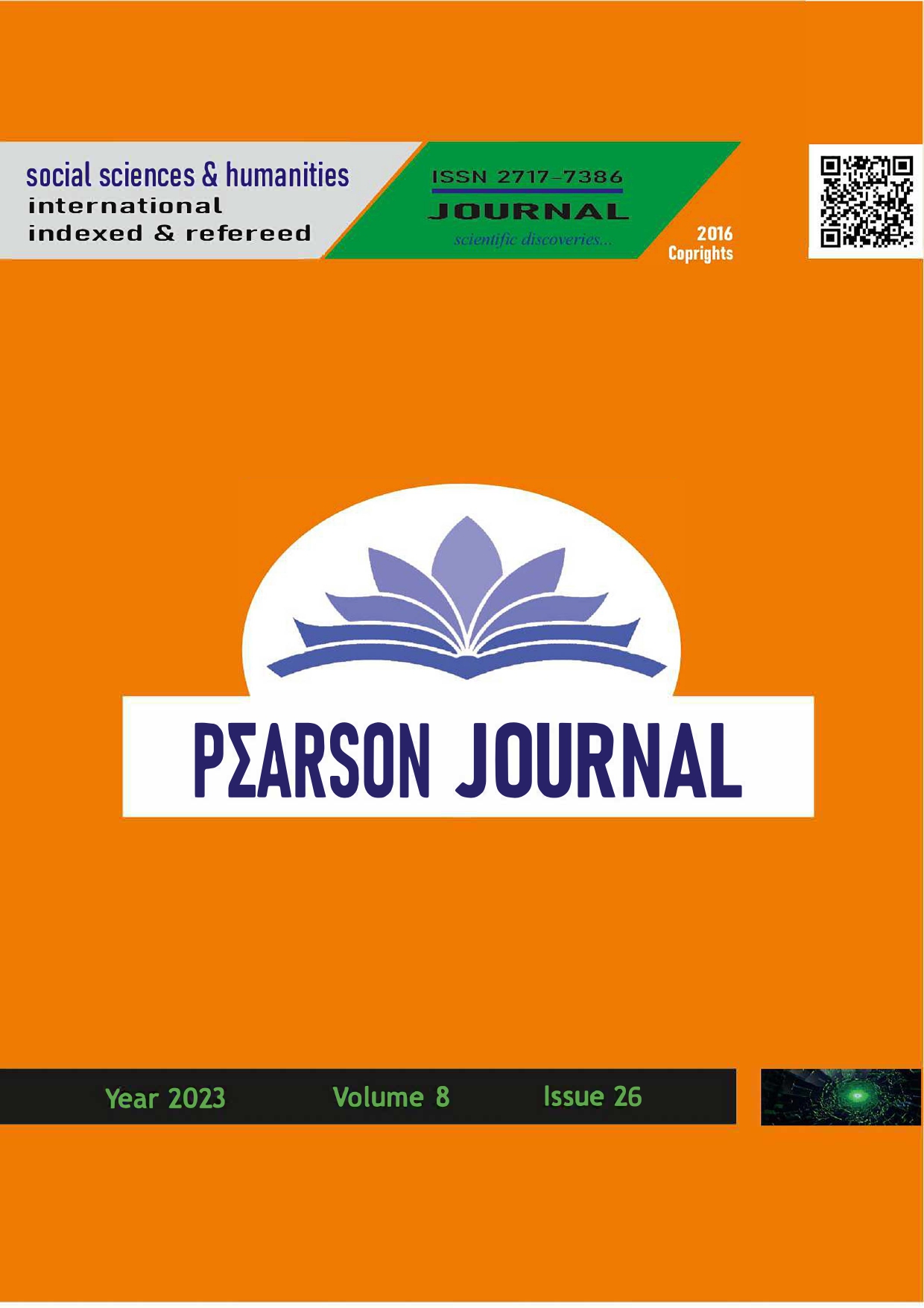A Systematic Review on Post Traumatic Stress Disorder and Schema Therapy
DOI:
https://doi.org/10.5281/zenodo.10413285Keywords:
Trauma, Post-Traumatic Stress Disorder, Schema TherapyAbstract
The purpose of this review study is to look at the use of Schema Therapy in individuals suffering from post-traumatic stress disorder. In this study, the systematic review method was used and no field study or any scale was used. The studies in Turkish and English are between 2008 and 2023. These studies consist of research articles. This compilation study was carried out in two stages: September, 2023 and December, 2023. As a result of the literature review, 7 studies were considered. As a result of these 7 studies, it was observed that Schema Therapy is a useful therapy method in the treatment of PTSD. It has been determined that the Schema Therapy method is an effective therapy for people experiencing PTSD and that it improves and eliminates the effects of stress symptoms experienced after trauma. Therefore, Schema Therapy is an effective method in the treatment of PTSD.
References
Aghayousefi, Amirpour, Alipour, Zare ve Badri Aghayousefi AR, Amirpour B, Alipour A, Zare H, Badri A. The effectiveness of Schema Therapy in decrease anger and hostility among male veterans with chronic posttraumatic stress disorder. Hormozgan Medical Journal 2016;20(2):97-103.
Çakır, Gündüz, Turan, Güleş ve Aker,2014, All content following this page was uploaded by Ugur Cakir on 19 March 2015. The user has requested enhancement of the downloaded file.
Edworthya, Chaseyb ve Williamsc, 2008, Journal of Reproductive and Infant Psychology, Vol. 26, No. 2, May 2008, 123–138.
Heydari ve Mahmoudfakhe, 2023, Iranian Journal of Breast Diseases. 2023; 16(3):46.
Jeffrey Young ve G. Brown, Young Schema Questionnaire, New York: Cognitive therapy center of New York, 1990, s.143.
Lecignea ve Tapia, 2018, Journal Of Substance Use 2018, Vol. 23, No. 6, 634–639.
Moher, D., Liberati, A., Tetzlaff, J., Altman, DG. and The PG (2009). Prefferred reporting items for systematic reviews and meta-analyses: The PRISMA statement. Annals of Internal Medicine.
Özgen, F ve Hamdullah, A. Travma sonrası stres bozukluğu, Klinik Psikiyatri, 1999; 1; 34-41. Kline NA, Rausch JL. Olfactory precipitants of flashbacks in posttraumatic stress disorder: case reports. J Clin Psychiatry. 1985; 46(9): 383-384.
Özgen, F. & Aydın, H. (1999). TSSB; Klinik Psikiyatri, 1: 34-41.
Rajeh, Zarghami ve Bagheri MA in Clinical Psychology, Psychiatry and Behavioral Sciences Research Center, Addiction 2Professor of Psychiatry, Department of Psychiatry and Psychiatry and Behavioral Sciences Research Center, Addiction Institute, Mazandaran University of Medical Sciences, Sari, Iran 3 PhD Candidate of health psychology, Psychiatry and Behavioral Sciences Research Center, Addiction Institute, Mazandaran University of Medical Sciences, Sari, Iran Int JBehav Sci. 2017; 11(3): 114-120
Downloads
Published
How to Cite
Issue
Section
License
Copyright (c) 2023 PEARSON JOURNAL

This work is licensed under a Creative Commons Attribution 4.0 International License.



